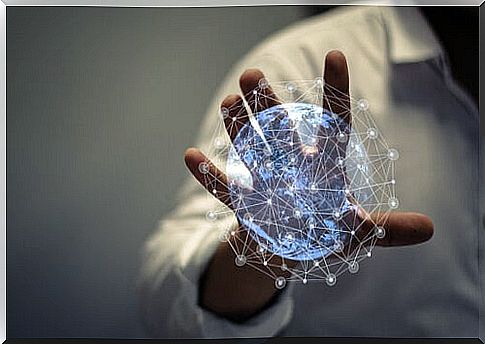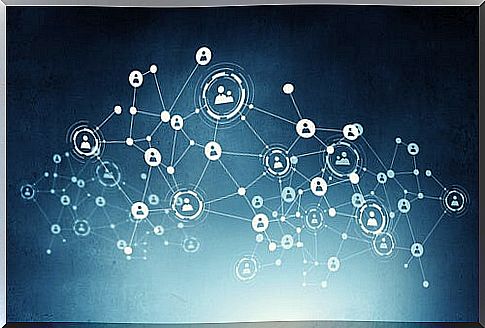What Is The Information Society?

The environment in which we currently live is called the information society. An ecosystem highly conditioned by technological innovations that allow rapid dissemination of information. Thus, if we look around us, we will realize that both at work and at leisure, technological development is present in the way we interact with others and with the environment.
These technological innovations are mainly related to information and communication technologies, which have become a fundamental pillar in all environments of our society, starting from the educational field.
The origins of the term
The denomination of “information society” has been around for a few decades, and its origin can be traced back to the 1980s, with the evolution of the industrial era thanks to the development of the Internet. The concept is linked to the passage from an industrial society to a post-industrial or information society.
From information, human beings create knowledge, which is diffused and absorbed in order to be able, in turn, to create even more knowledge. Thus, a spiral of development and evolution is formed that leads to a possible change in the term, which can be extended to “information and knowledge society”.

The benefits of the information society
The information society brings with it certain cultural, social, economic benefits and, above all, freedom of expression and communication. The existence of the networks for the dissemination of knowledge and the ease of access puts at our disposal a large number of sources of knowledge on any field that arouses our curiosity or on which we need to increase our knowledge.
In addition, the ease of sharing and distributing any type of content and the relocation of activities that can immediately be globalized, are producing revolutions and social earthquakes of great intensity and of a short duration. The news does not take long to be updated with new news, satisfying the concern of a large number of people and organizations.
The limits of the information society
Beyond technology, the development of the information society depends on a legal framework and adequate regulation. If this context works, the development of applications and services will produce a benefit for society. However, if the opposite happens, the technology will only serve to generate contexts of impunity.
On the other hand, this information society, in continuous growth and change, must avoid the social fractures that can be derived from the digital divide. Thus, any medium that becomes popular must include training for users who somehow end up being forced to use that medium. We can observe this phenomenon when, for example, the number of procedures that can be carried out only through the Internet is increasing. In addition, this digital divide has a large number of variants, such as economic, geographical, gender, etc.

The information society as part of everyday life
Until a few years ago, the information society was nothing more than a concept. Later, it materialized and became a possible option. Today, this type of society has spread to all areas of our lives, especially in developed countries. Now it is, almost, an obligation.
In the most developed countries, we speak of a fact so internalized that it really goes unnoticed, since the new generations are born in an environment governed by technological innovations. Thus, for them it is very difficult to imagine a world in which these tools did not exist.
The cross to this growth in a world full of technology is found in the loss of social skills in a non-technological context. Much of what is now on screens was previously in people. So, let’s think, for example, how different it can be to go to an information point and deal with a person face to face to ask a virtual assistant through a screen. This represents a radical change of view regarding the lifestyle of just two or three generations ago.
In the future, the information and knowledge society will continue to develop and involve more and more people. In principle, this future is promising, to power, potentially, bring a higher level of sustainability, prosperity, freedom and, ultimately, possibilities on a professional and personal level.
This requires a personal commitment. The correct evolution of this new society depends on us and the good use that we give to the technologies that we have at our disposal, so that we all contribute responsibly to a more promising future at a technological level.









